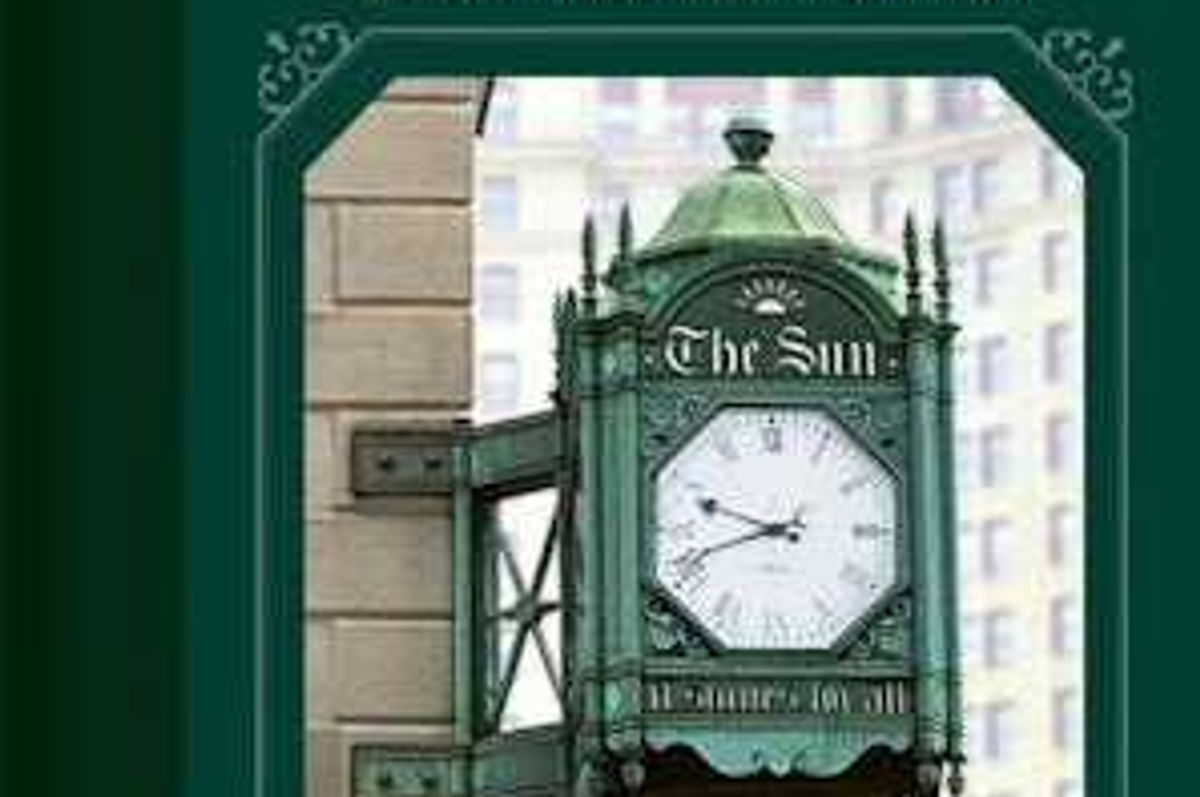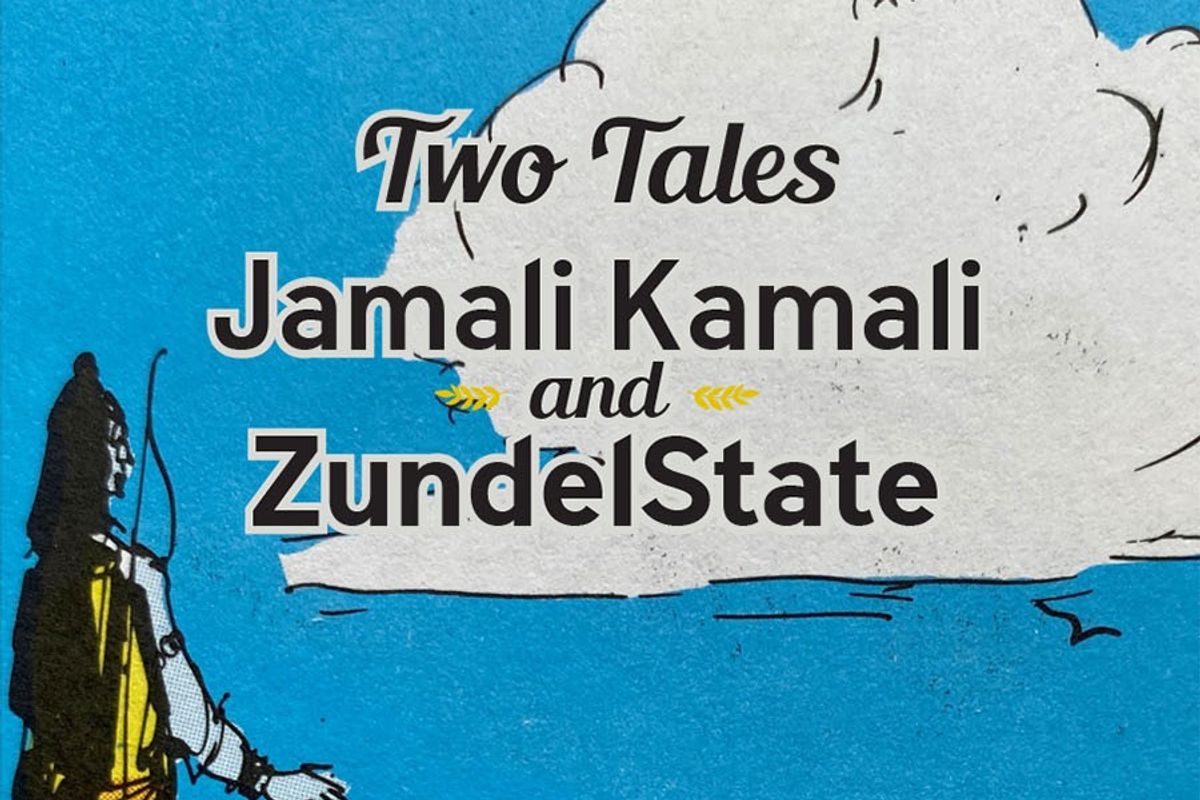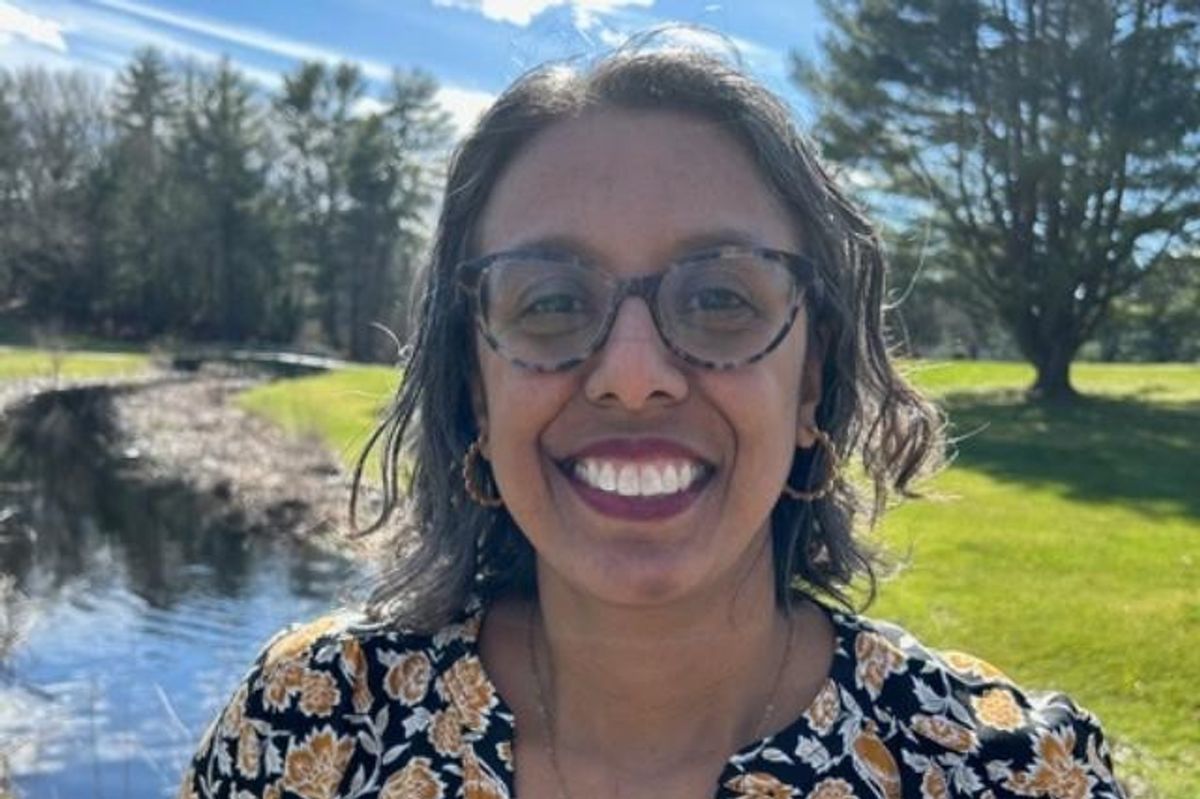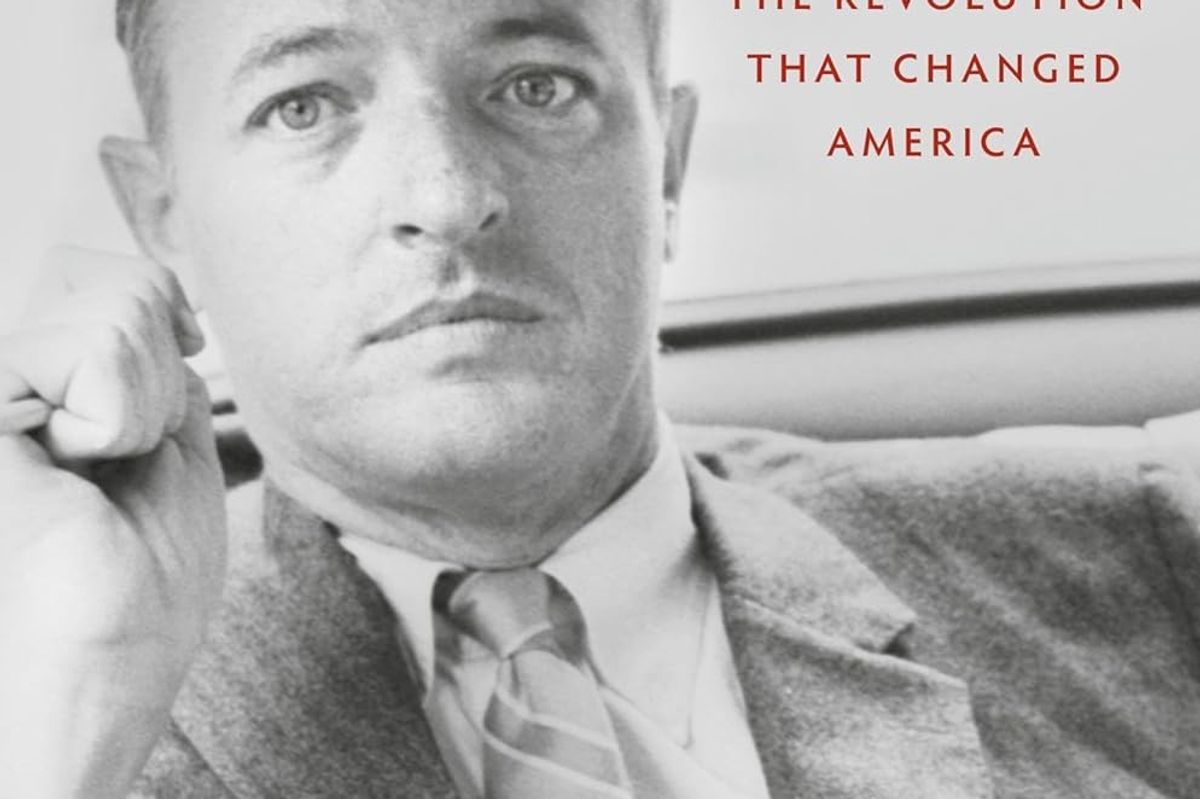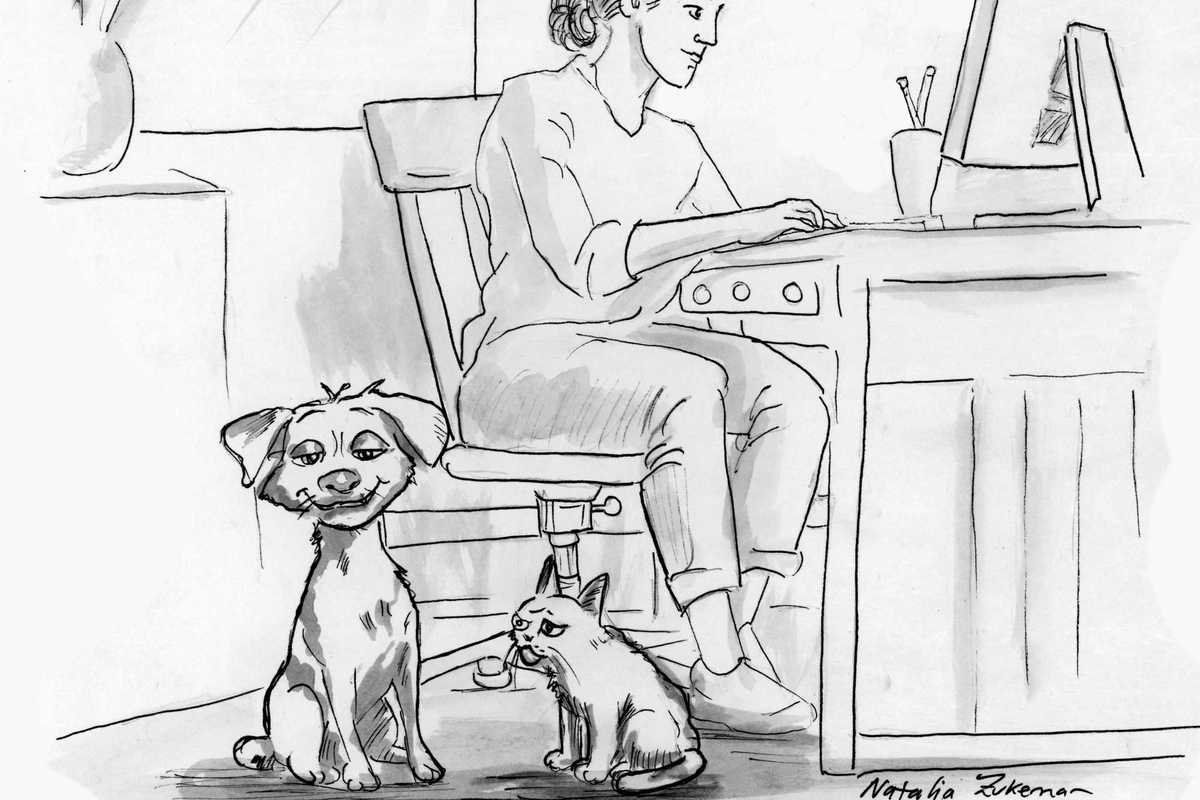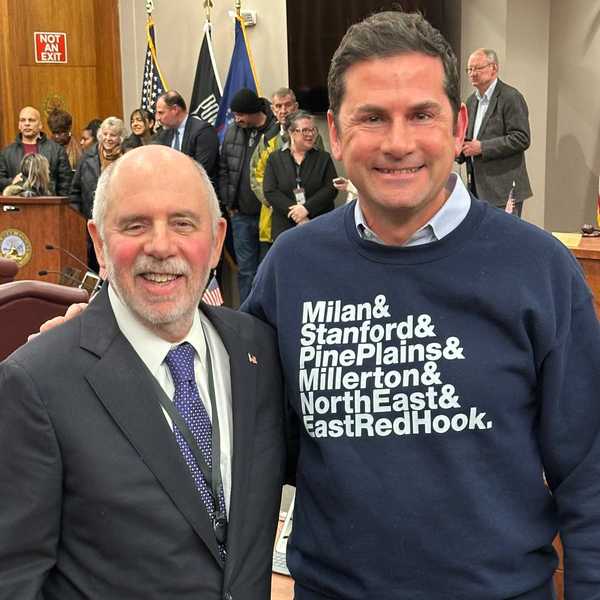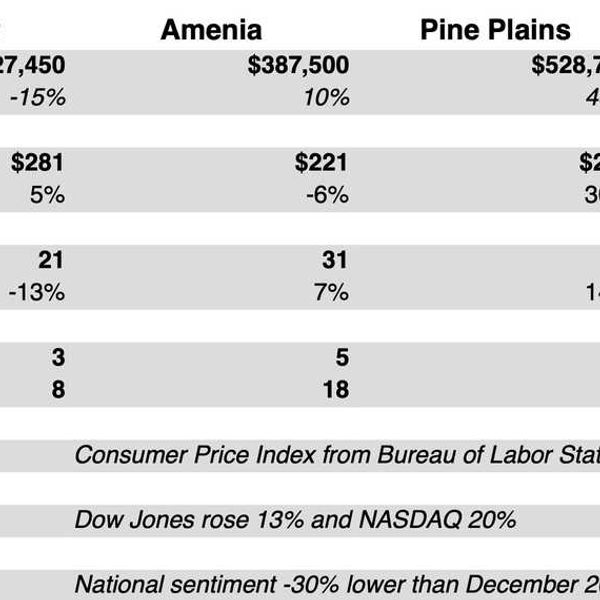Latest News
Mark Dedaj, 34, pleaded guilty in Dutchess County Court to first-degree manslaughter in connection with the 2021 death of his sister at a Millbrook residence.
Photo provided
MILLBROOK — A Millbrook man has pleaded guilty to first-degree manslaughter in connection with the 2021 killing of his teenage sister inside their family home, Dutchess County District Attorney Anthony Parisi announced Thursday.
Mark Dedaj, 34, pleaded guilty in Dutchess County Court to a Class B felony, admitting that he caused the death of his 17-year-old sister, Maureen Nelson-Lanzi, by holding her face down into a pillow on a bed until she suffocated.
The incident occurred on Sept. 4, 2021, at their residence on Harts Village Road.
“This was a brutal and heartbreaking act of violence within a family,” Parisi said in a statement. “Our office made the deliberate decision to take action, because the loss of this victim’s life demanded accountability. This plea holds the defendant responsible for his actions, ensures a measure of justice, and spares the victim’s loved ones the pain of reliving this tragedy through a trial.”
Dedaj is scheduled to be sentenced on March 26, 2026. Under the terms of the plea agreement, he will receive 25 years in state prison followed by five years of post-release supervision.
Keep ReadingShow less
Members of the North East Town Board discuss proposed zoning code revisions during a meeting at North East Town Hall in Millerton on Monday, Jan. 19.
By Nathan Miller
MILLERTON — The North East Town Board on Monday, Jan. 19, adopted a series of detailed revisions to its proposed zoning code overhaul, incorporating feedback from county and local agencies as well as public comments.
Zoning Review Commission Chair Edie Greenwood and the town’s zoning consultant, Will Agresta, participated in the meeting as board members reviewed comments submitted by Dutchess County Planning, the North East Planning Board, the town’s Conservation Advisory Council, and residents who spoke or submitted written remarks during the initial public hearing on Jan. 8.
Board members addressed the comments line by line, approving changes that Greenwood described as largely technical in nature, including revisions to definitions that did not align with state regulations and clarifications intended to improve readability and consistency.
Greenwood said a red-line draft showing the approved changes alongside the original text will be prepared.
Among the more substantive revisions was the decision to impose an overall size cap on accessory dwelling units. The board voted to limit ADUs to a maximum of 1,200 square feet and specified that they must be accessed from an existing driveway on the property. Board members also discussed adding language to clarify how ownership through an LLC or trust would comply with the requirement that the property owner reside in the principal dwelling.
The board also approved allowing retail businesses and restaurants in the so-called Irondale District, a small commercial area encompassing seven parcels along Route 22 near Winchell Mountain Road and Irondale Road.
Other changes included:
– Replacing the term “farm” with “farm operation” for consistency with state law.
— Revising drive-through regulations to allow additional lanes for banks.
— Tying requirements for landscaped islands in parking lots to the size of the lot.
— Adding expiration dates for site plan approvals.
— Removing references to “cage-type poultry farms.”
— Requiring 10% of parking spaces in lots with 30 or more spaces to be “EV-ready,” meaning the necessary infrastructure must be installed, but not necessarily a charger itself.
— Standardizing safety and maintenance requirements across all parking regulations.
— Clarifying that parking structures may be built above or below grade.
— Allowing farm machinery sales and rentals.
Greenwood told The News she expects the red-line draft to be completed and submitted before the end of next week. The Town Board is set to continue the public hearing on the proposed zoning changes on Tuesday, Feb. 3, at 7 p.m. at North East Town Hall.
Keep ReadingShow less
The following excerpts from The Millerton News were compiled by Kathleen Spahn and Rhiannon Leo-Jameson of the North East-Millerton Library.
January 24, 1935
About Millerton
Mayor and Mrs. William J. Brewer and Mr. and Mrs. Miles Jenks left on Monday for a month’s vacation in Florida.
Mr. Roy Ganung and daughter, Jane, spent Tuesday afternoon In Poughkeepsie.
Jean Silvernale is confined to home by illness.
Miss Blanche Bates is spending several weeks at the home of her brother, Edward Bates, at Pittsfield, Mass.
George Wooding of Thornewood spent Sunday at the home of his sister, Mrs. Harry Card.
Mr. and Mrs. Lewis Decker and family moved to Lakeville on Sunday.
January 22, 1976
Snowmobiles Tresspassing[sic], Officer Says
Trespassing and riding on public roads are the major offenses committed by area snowmobilers this winter, New York State Conservation Officer Harry Wheeler stated this week.
He asserted that a number of snowmobile riders have been sighted traveling on public roads and soaring across private property without permission, both illegal acts.
January 18, 2001
Local Homes Added to Historic Register
COLEMAN STATION — Three houses in the town of North East were recently added to the National Register of Historic Places.
The Oliver Barrett House, the Dakin-Coleman Farm and the Thomas Wheeler Farm, all located in the Coleman Station area, were selected by the New York state Office of Parks, Recreation and Historic Preservation to be listed individually on the register, though the entire Coleman Station Valley was considered for the recognition in 1993.
Millerton Sees Some Business Changes; Shops Move, Expand
MILLERTON- Two stores on Main Street in Millerton have interior changes in the works.
Leslie Hoss Flood has recently relocated her Amenia-based store to the basement of the Millerton Antiques Center. Ms. Flood’s shop had been in Amenia for about 15 years, where, in addition to selling used and antique furniture, Ms. Flood also ran an upholstery shop.
After removing several partitions and installing new lights, the basement store looks entirely new. Ms. Flood is pleased with the space, which offers more room in which to showcase her wares. She is also taking advantage of the additional area by creating a separate reupholstery room and a section to display in-stock fabrics.
Pasta-At-Large Expands
After acquiring the empty space, owner Sofia Okołowicz has expanded her business to provide “a little more elbow room inside.”
The front portion has been open since late November and, in recent days, Ms. Okolowicz has removed a wall and had electricity installed in the new area.
Keep ReadingShow less
loading


